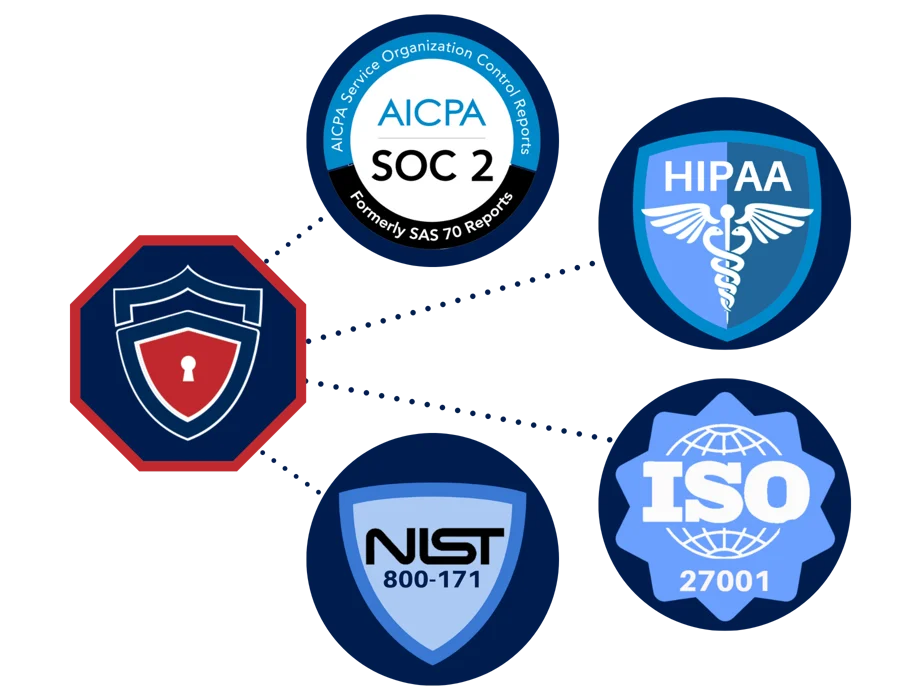HIPAA Compliance for Startups: Securing Patient Data from Day One
As a startup in the healthcare industry, ensuring the security and confidentiality of patient data is of utmost importance. The Health Insurance Portability and Accountability Act (HIPAA) sets the standard for protecting sensitive patient information, and compliance with its regulations is crucial for any healthcare organization, including startups. From day one, startups must prioritize HIPAA compliance to avoid costly fines, reputational damage, and most importantly, to maintain the trust of their patients.
Understanding HIPAA Regulations
HIPAA regulations can be complex and overwhelming, especially for startups with limited resources and expertise. The HIPAA for startups Security Rule requires covered entities to implement administrative, technical, and physical safeguards to protect electronic protected health information (ePHI). This includes implementing access controls, encrypting data, and ensuring the integrity and availability of ePHI. Startups must also comply with the HIPAA Privacy Rule, which governs the use and disclosure of protected health information (PHI). Understanding these regulations is critical to ensuring compliance and avoiding costly mistakes.
Consequences of Non-Compliance
The consequences of non-compliance with HIPAA regulations can be severe. Fines can range from 100 to 50,000 per violation, with a maximum penalty of $1.5 million per year. In addition to financial penalties, non-compliance can also result in reputational damage, loss of patient trust, and even business closure. Startups must take HIPAA compliance seriously and prioritize it from day one to avoid these consequences.
Implementing HIPAA Compliance Measures
Implementing HIPAA compliance measures requires a comprehensive approach that includes administrative, technical, and physical safeguards. Startups must develop and implement policies and procedures that govern the handling of ePHI, including access controls, data encryption, and incident response plans. They must also ensure that all employees and business associates are trained on HIPAA regulations and compliance procedures. Furthermore, startups must conduct regular risk assessments and audits to identify vulnerabilities and address them before they become major issues.
The Role of Technology in HIPAA Compliance
Technology plays a critical role in HIPAA compliance, particularly in the areas of data encryption, access controls, and incident response. Startups must implement robust security measures to protect ePHI, including firewalls, intrusion detection systems, and encryption technologies. They must also ensure that all devices and systems that handle ePHI are secure and up-to-date, including laptops, smartphones, and servers. Additionally, startups must have a plan in place for responding to security incidents, including data breaches and system failures.
Best Practices for HIPAA Compliance
To ensure HIPAA compliance, startups should follow best practices that include conducting regular risk assessments, implementing robust security measures, and training employees on HIPAA regulations and compliance procedures. They should also develop and implement incident response plans, ensure business associate agreements are in place, and regularly review and update policies and procedures. By following these best practices, startups can ensure that they are meeting the requirements of HIPAA and protecting the confidentiality, integrity, and availability of patient data.
Conclusion
HIPAA compliance is a critical aspect of any healthcare startup, and it must be prioritized from day one. By understanding HIPAA regulations, implementing compliance measures, and leveraging technology, startups can ensure that patient data is secure and confidential. The consequences of non-compliance can be severe, but by following best practices and prioritizing HIPAA compliance, startups can avoid costly fines and reputational damage. By making HIPAA compliance a top priority, startups can build trust with their patients and establish a strong foundation for success in the healthcare industry.





Comments
Post a Comment